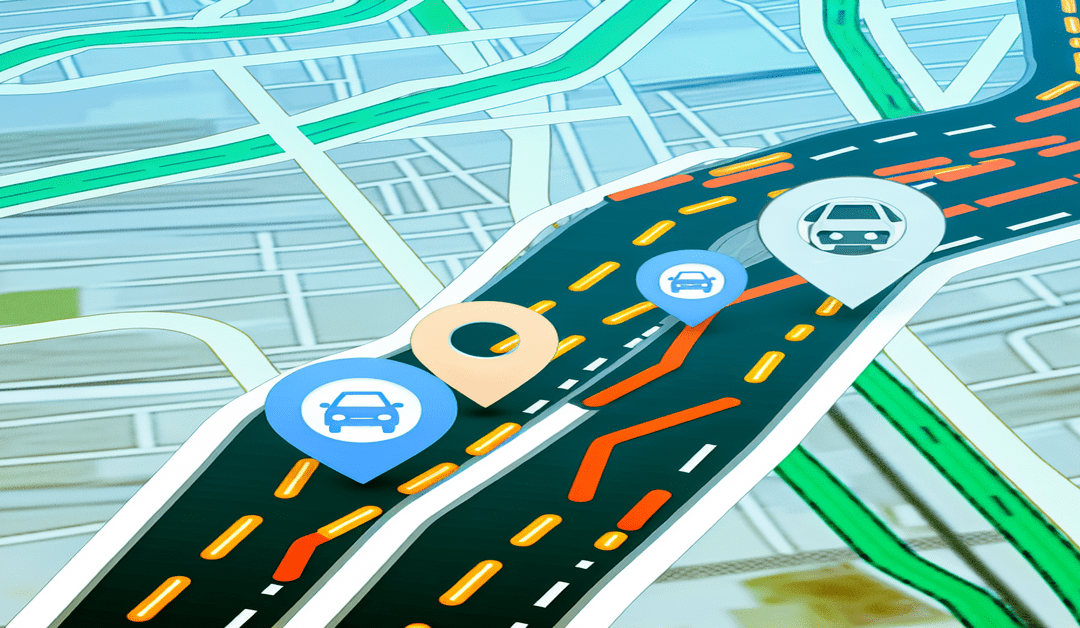Navigating the Future: Waze vs. Google Maps in 2025
As we venture further into the digital age, the way we navigate our world is constantly evolving. Two of the most popular navigation apps, Waze and Google Maps, have been at the forefront of this evolution, guiding millions of users to their destinations every day. But as we look ahead to 2025, which app will reign supreme?
Google Maps: The All-in-One Navigation Solution
Google Maps has long been praised for its simplicity and clarity, offering users a seamless navigation experience. But what sets it apart from its competitors is its versatility. Beyond just driving directions, Google Maps offers a wide range of features, including:
– Walking, cycling, and public transport navigation
– Detailed information about destinations, such as reviews, photos, and opening hours
– Offline map capabilities, allowing users to navigate even without an internet connection
This comprehensive approach to navigation makes Google Maps the go-to app for many users, whether they’re exploring a new city on foot or commuting to work via public transport.
Waze: The Real-Time Traffic Wizard
While Google Maps may have the upper hand in terms of versatility, Waze has carved out a niche for itself as the ultimate app for drivers. Its key strength lies in its ability to provide real-time traffic updates, thanks to its highly interactive user community.
Waze relies heavily on user-generated reports to keep its traffic information up-to-date. Users can report accidents, road closures, speed traps, and other hazards, which are then shared with other users in real-time. This crowdsourced approach allows Waze to quickly adapt to changing traffic conditions and help drivers find the quickest routes to their destinations.
The Great Divide: Navigation Differences
When it comes to navigation, Waze and Google Maps take somewhat different approaches. While Google Maps offers multiple transportation modes, Waze is focused solely on driving. This specialization allows Waze to provide a more tailored experience for drivers, with features like real-time fuel prices and parking information.
However, this laser-focus on driving also means that Waze lacks some of the features that make Google Maps so versatile. For example, Waze doesn’t offer public transport options or detailed walking directions. It also lacks some of the visual features that Google Maps offers, such as Street View.
Interface and User Experience
In terms of user interface, Waze has a cleaner, more streamlined look compared to Google Maps. This is largely due to its more limited feature set. While Google Maps can sometimes feel cluttered with information, Waze presents only the most essential data for drivers.
However, this simplicity comes at a cost. Google Maps offers a wealth of information about destinations, including user reviews, photos, and even indoor maps of certain buildings. This can be invaluable for users who are exploring new places or looking for specific services.
Privacy and Security
In an age where data privacy is a growing concern, it’s important to consider how these apps handle user information. Both Waze and Google Maps have similar privacy features, such as the ability to turn off location history and delete past searches.
However, neither app stands out significantly in this area. Both are owned by large tech companies (Google and Meta, respectively) that rely on user data for their business models. Users who are particularly concerned about privacy may wish to explore alternative navigation apps with stronger privacy protections.
The Verdict: Which App Will Dominate in 2025?
As we look ahead to 2025, it’s clear that both Waze and Google Maps will continue to play a significant role in how we navigate our world. But which app will ultimately come out on top?
The answer, as with many things in tech, is that it depends on the user. For drivers who prioritize real-time traffic updates and always want the quickest route, Waze is likely to remain the app of choice. Its user-generated data and driver-focused features give it an edge in this area.
However, for users who value versatility and detailed destination information, Google Maps is hard to beat. Its multi-modal navigation options and comprehensive place data make it the superior choice for exploring new areas or navigating via different transportation methods.
Ultimately, the choice between Waze and Google Maps in 2025 will come down to individual user preferences. But one thing is certain: as our navigation needs continue to evolve, these two apps will be at the forefront, innovating and adapting to meet the challenges of the future.
#Navigation #TechTrends #FutureOfMaps
-> Original article and inspiration provided by Analytics Insight
-> Connect with one of our AI Strategists today at ReviewAgent.ai

